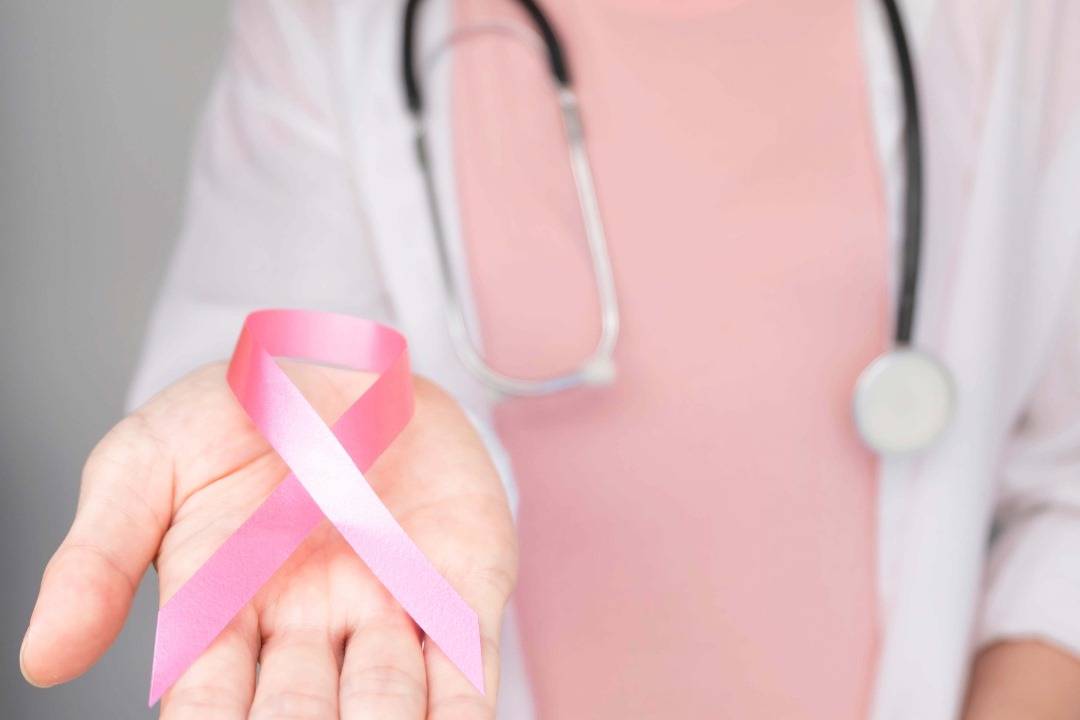National breast screening programmes and specialised nursing crucial to enhance breast cancer care
Malaysia still lags in fostering these career advancements for nurses.

The Health Ministry (MOH) should prioritise the implementation of national breast screening programmes while actively promoting the development of specialised nursing roles to enhance breast health care.
By prioritising accessible screening initiatives, MOH can empower women to take charge of their health, while specialised nursing roles will ensure that patients receive expert support throughout their journey, said Pantai Hospital Kuala Lumpur Consultant Clinical Oncologist, Dr Nur Fadhlina Abdul Satar.
This proactive approach is essential not only for improving health outcomes but also for fostering a culture of awareness and education surrounding breast health in Malaysia.
Dr Fadhlina said that in a well-structured healthcare system, specialist nurses like breast care or cancer nurse specialists play a vital role in offering psychosocial support.
Unfortunately, Malaysia still lags in fostering these career advancements for nurses.
“Having grown up with a mother who was a nurse, I have seen firsthand the many branches of nursing that can lead to more specialised roles, such as cancer nurse specialists. However, we lack a comprehensive ecosystem to support this.
“In Malaysia, particularly within our close-knit communities, we tend to care for one another, which is a strength. But in urban areas, people can still feel isolated due to the absence of strong support networks.
“That is why it is crucial to raise awareness and encourage women to speak openly about their health,” she said in a recent interview with Sinar Daily.
Dr Fadhlina further pointed out that, even in 2024, many women still hesitate to seek breast care or come forward following a cancer diagnosis due to fear and stigma.
“This is not just a women’s issue, it is a community issue. Men and women must work together to foster an environment where we can openly discuss diagnosis and treatment options.
“The best way forward is to build support from the grassroots level and create a comprehensive community care system, possibly through public-private partnerships (PPP).
“This could involve establishing self-check centres and deploying breast care nurses to educate women of all ages on breast self-examinations,” she said.
Dr Fadhlina also recommended that introducing breast health education in schools would be an important and impactful step forward.
“Ideally, the MOH would run national breast screening programmes.
“But if that is not feasible, large-scale awareness campaigns should be organised to encourage women to take charge of their own health through self-examinations,” she said.











